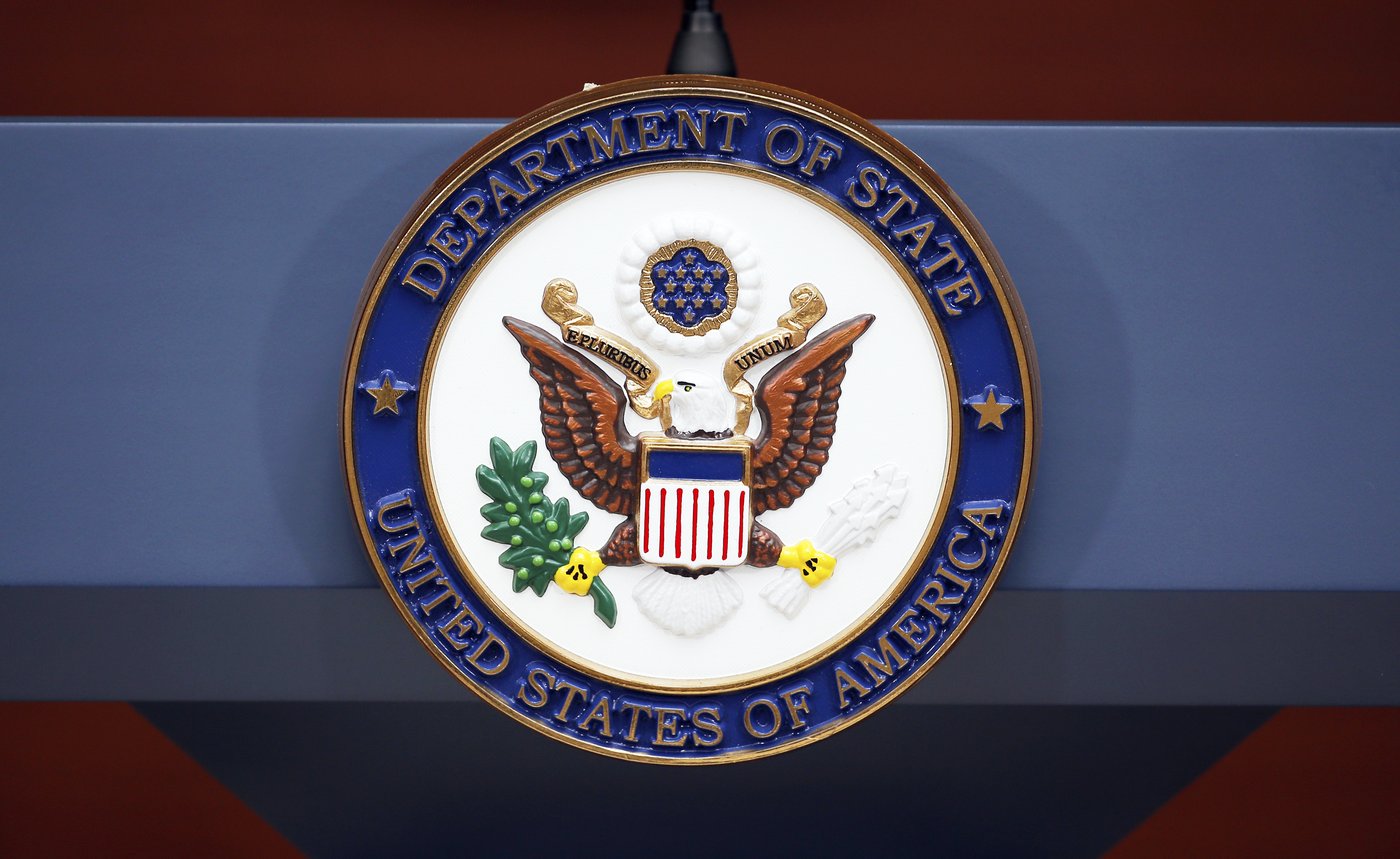Elevate your local knowledge
Sign up for the iNFOnews newsletter today!
Sign up for the iNFOnews newsletter today!
Selecting your primary region ensures you get the stories that matter to you first.

The Trump administration must release billions of dollars in foreign aid approved by Congress, including money that President Donald Trump said last week he would not spend, a federal judge has ordered.
U.S. District Judge Amir Ali in Washington ruled Wednesday that the Republican administration’s decision to withhold the funding was likely illegal. He issued a preliminary injunction ordering the release of $11.5 billion that is set to expire at the end of the month.
“To be clear, no one disputes that Defendants have significant discretion in how to spend the funds at issue, and the Court is not directing Defendants to make payments to any particular recipients,” wrote Ali, who was nominated by Democratic President Joe Biden. “But Defendants do not have any discretion as to whether to spend the funds.”
The administration filed a notice of appeal on Thursday.
“President Trump has the executive authority to ensure that all foreign aid is accountable to taxpayers and aligns with the America First priorities people voted for,” White House spokesperson Anna Kelly said in a statement.
Elisha Dunn-Georgiou, president and CEO of Global Health Council, one of the groups in the case, said in a statement the decision was a victory for “the rule of law” and reaffirmed that “only Congress controls the power of the purse.”
Trump told House Speaker Mike Johnson, R-La., in a letter on Aug. 28 that he would not spend $4.9 billion in congressionally approved foreign aid, effectively cutting the budget without going through the legislative branch.
He used what’s known as a pocket rescission. That is when a president submits a request to Congress toward the end of a current budget year to not spend the approved money. The late notice means Congress cannot act on the request in the required 45-day window and the money goes unspent. It’s the first time in nearly 50 years that a president has used the tactic. The fiscal year draws to a close at the end of September.
Ali said Congress would have to approve the rescission proposal for the administration to withhold the money.
The law is “explicit that it is congressional action—not the President’s transmission of a special message—that triggers rescission of the earlier appropriations,” he wrote.
The money at issue includes nearly $4 billion for the U.S. Agency for International Development, or USAID, to spend on global health programs and more than $6 billion for HIV and AIDS programs. Trump has portrayed the funding as wasteful spending that does not align with his foreign policy goals, and in January, he issued an executive order directing the State Department and USAID to freeze spending on foreign aid.
Nonprofit organizations that sued the government said the freeze shut down funding for urgent lifesaving programs abroad.
A divided panel of appeals court judges ruled last month that the administration could suspend the money. The judges later revised that opinion, reviving the lawsuit before Ali.
In his ruling, Ali said he understood that his decision would not be the last word in the case, adding that “definitive higher court guidance now will be instructive.”
“This case raises questions of immense legal and practical importance, including whether there is any avenue to test the executive branch’s decision not to spend congressionally appropriated funds,” he wrote.
___
Associated Press writer Thalia Beaty in New York contributed to this report.
This site is protected by reCAPTCHA and the Google Privacy Policy and Terms of Service apply.
Want to share your thoughts, add context, or connect with others in your community?
You must be logged in to post a comment.